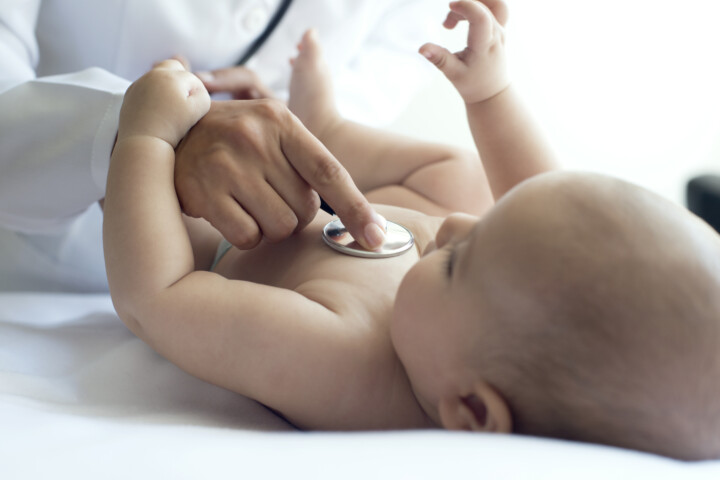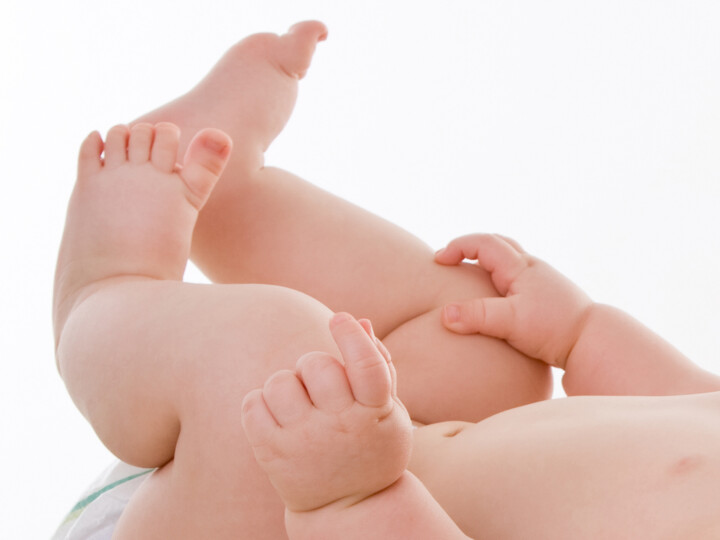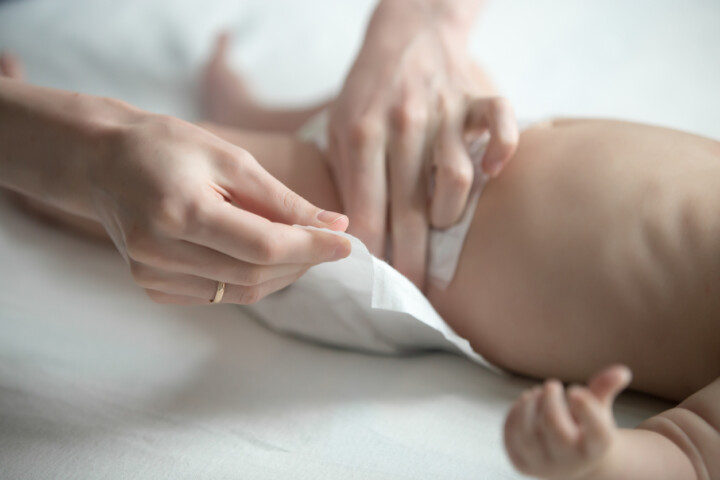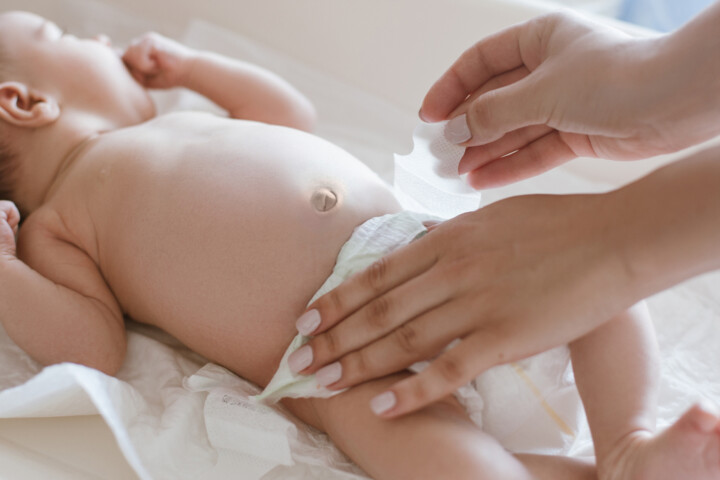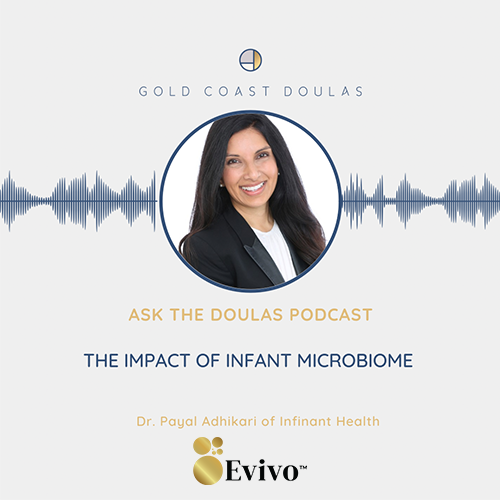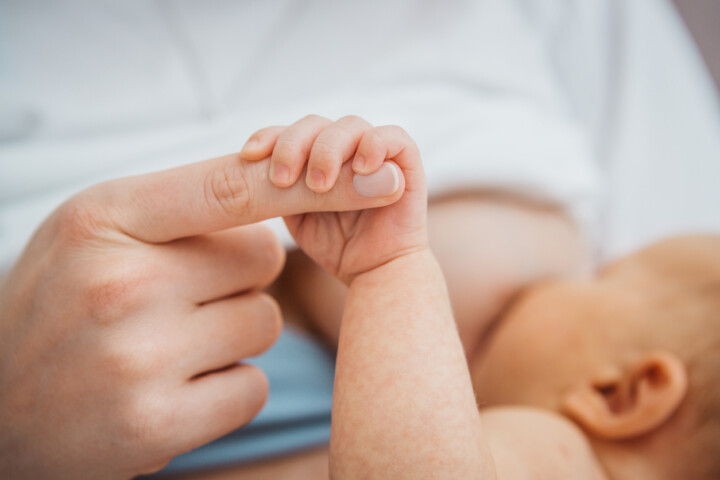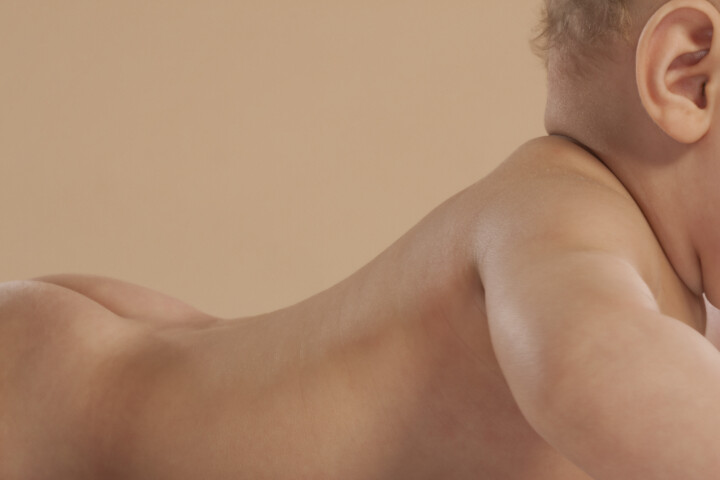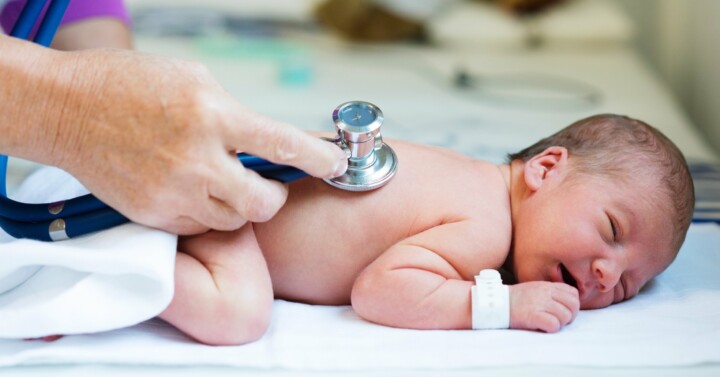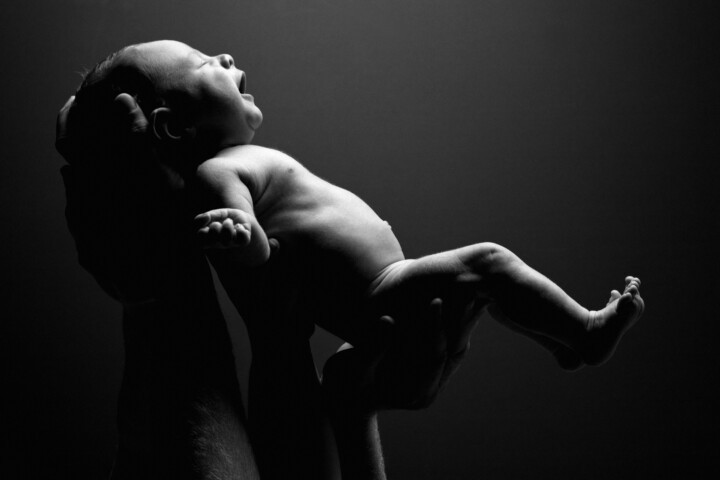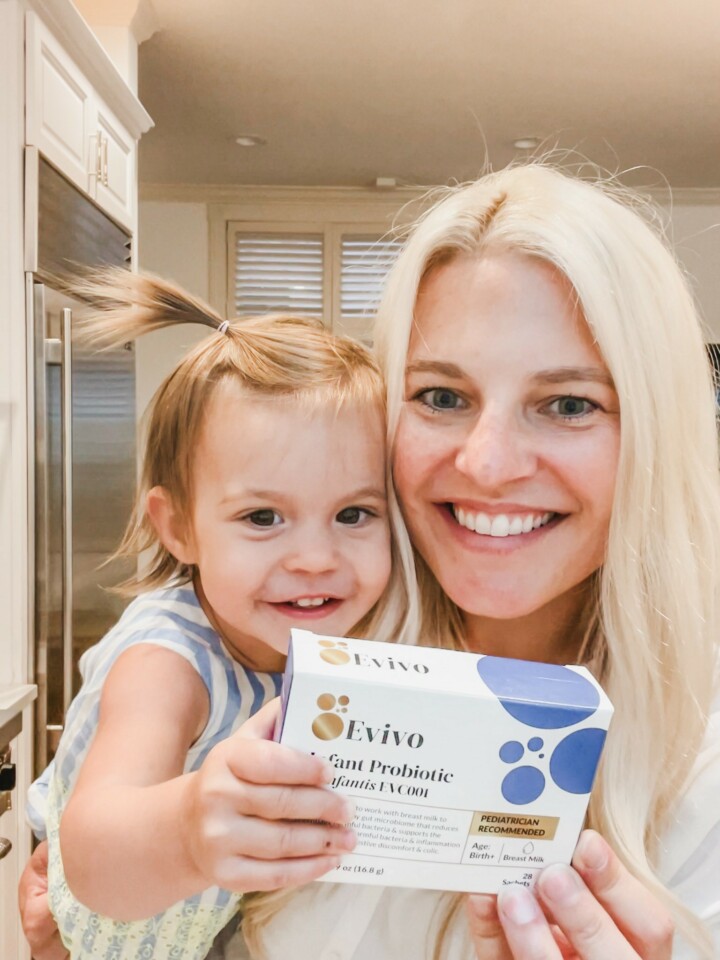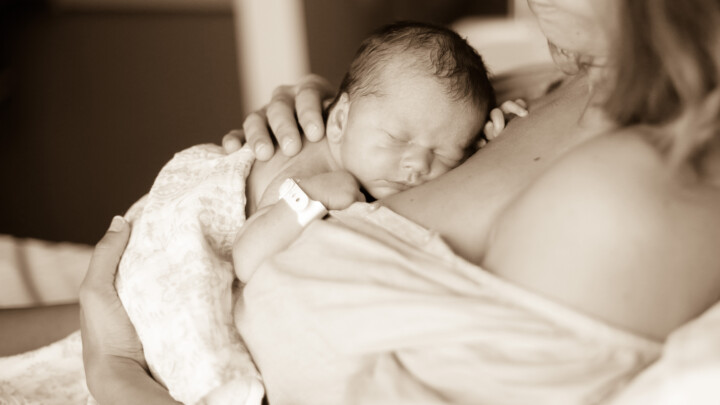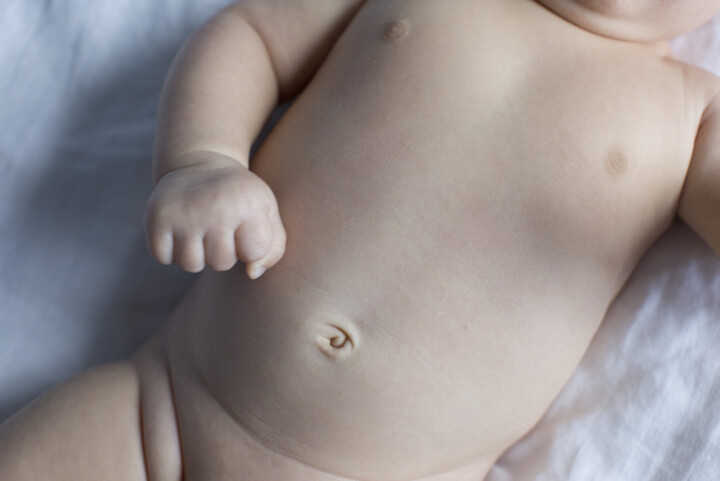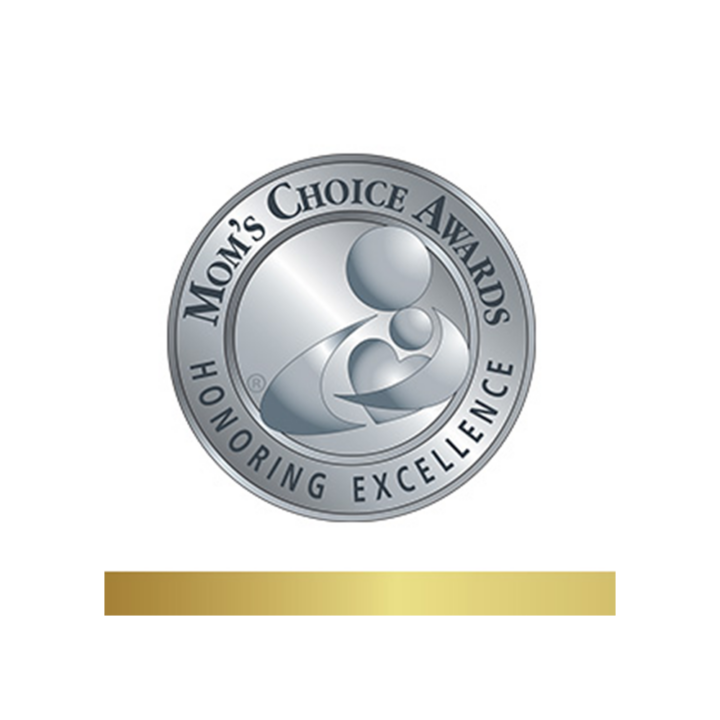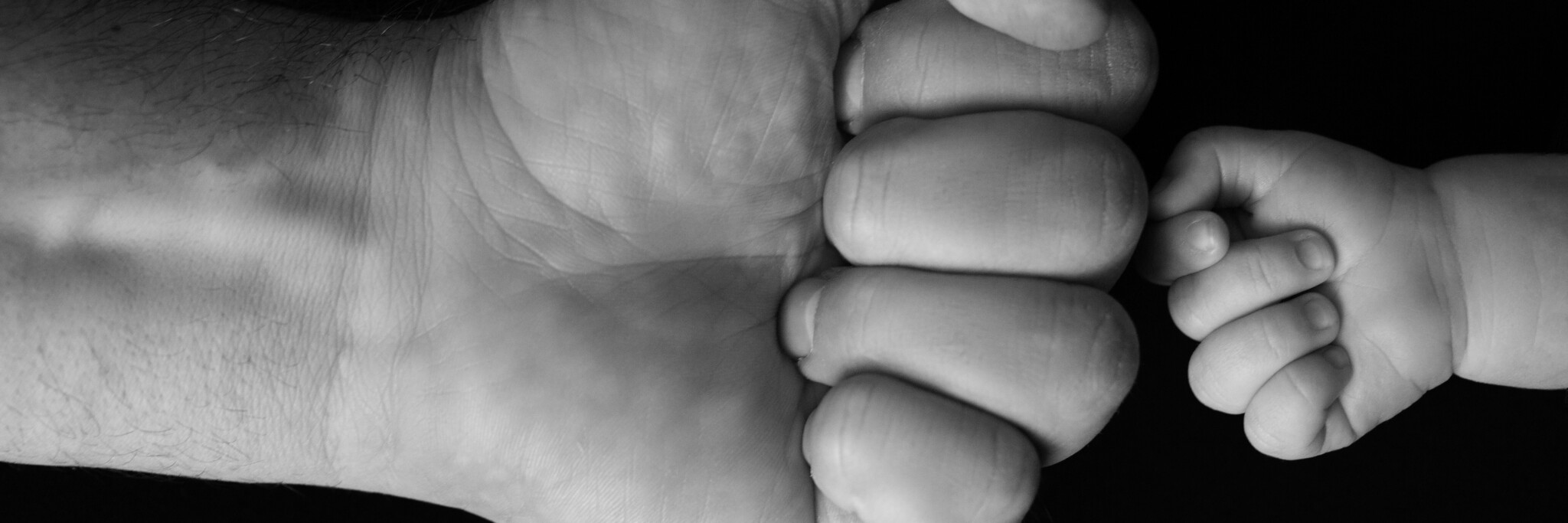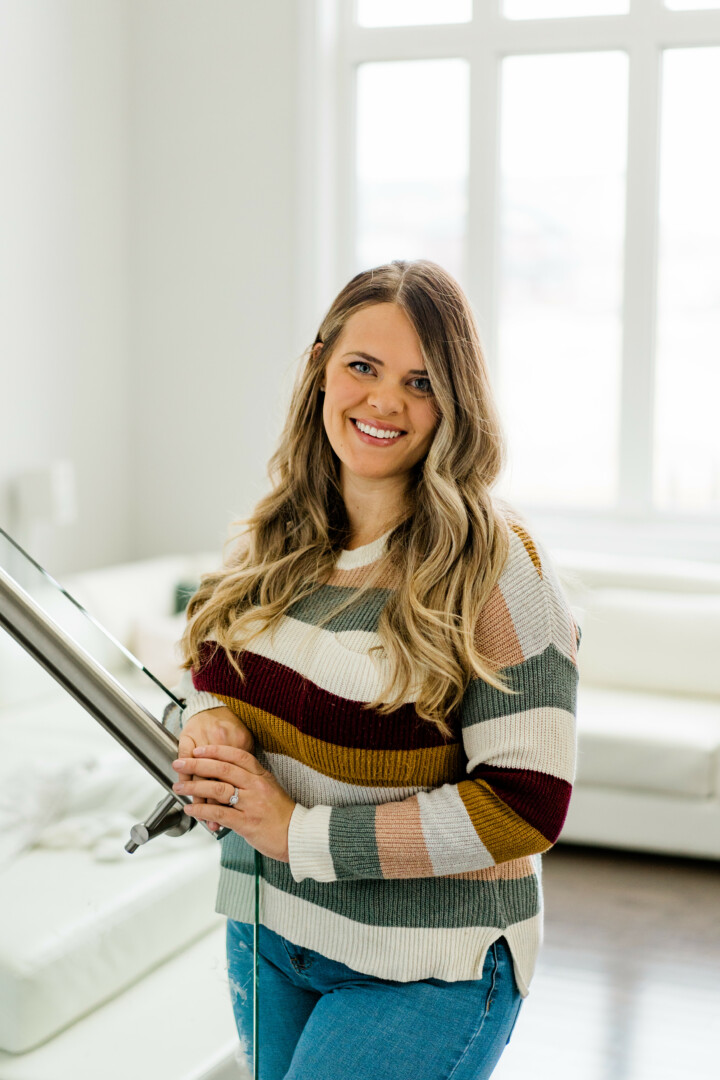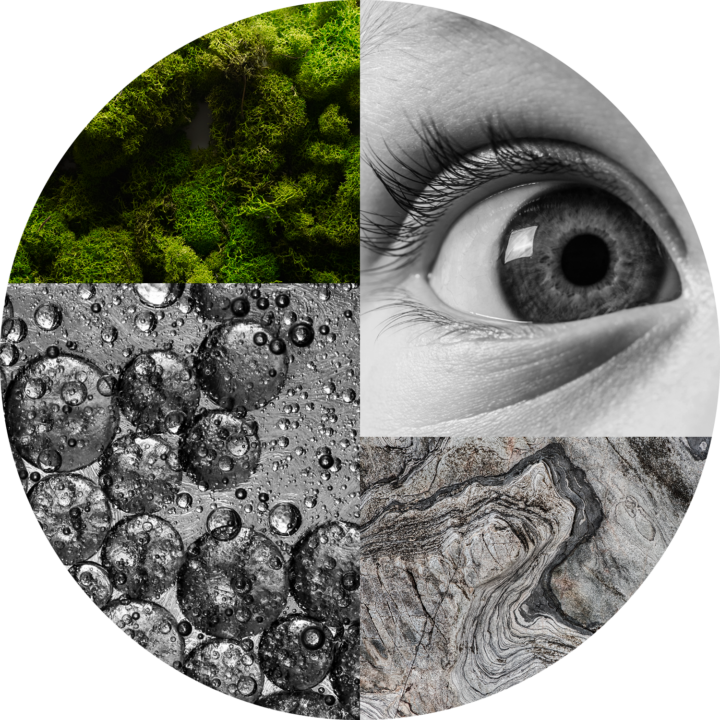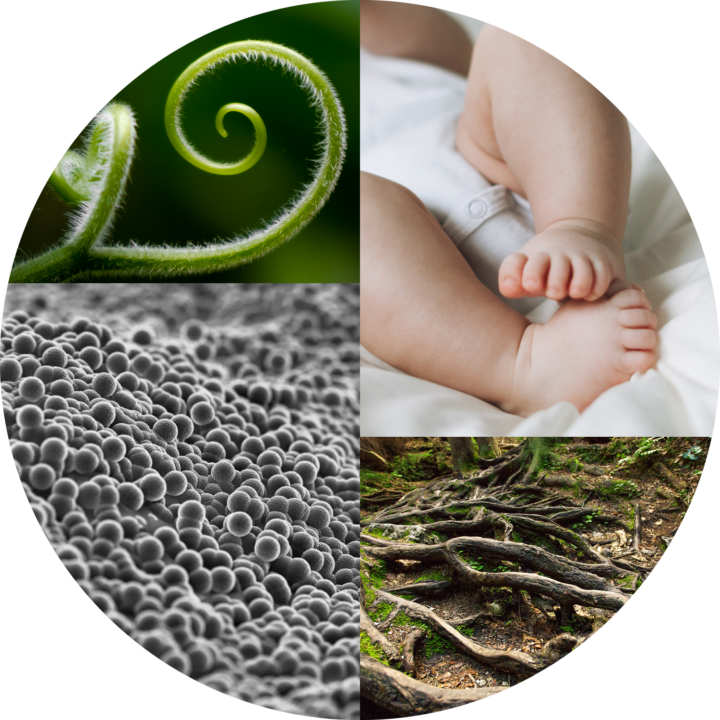Learning Center
Explore our library of educational tools, peer-reviewed publications, clinical research, news articles, and extensive FAQ database.
In the Press
Our breakthrough findings on B. infantis EVC001 and its impacts on infant health have been addressed in notable publications around the world.
From the Experts
Our passionate team of doctors and healthcare partners break down the science and provide tips to support baby health.
FAQs
Do you have a question about our science, our products, an order or something else? Search our FAQs for an answer.
How Evivo Works.
Parent Resources
As a parent, you want nothing but the best for baby. Probiotics can play a crucial role in supporting your infant’s digestive and immune health. Our Learning Center is here to help you understand the science behind B. infantis EVC001, the single strain in Evivo and how it sets the foundation for better health.
With 80% of our immune system in our gut, how you care today for baby’s gut microbiome matters.
Loved by parents
Highly rated by healthcare professionals
Our Science
Our focus is understanding naturally intended synergies between microbiome and diet.
Frequently Asked Questions
Baby’s health is our priority, so you likely have questions.




